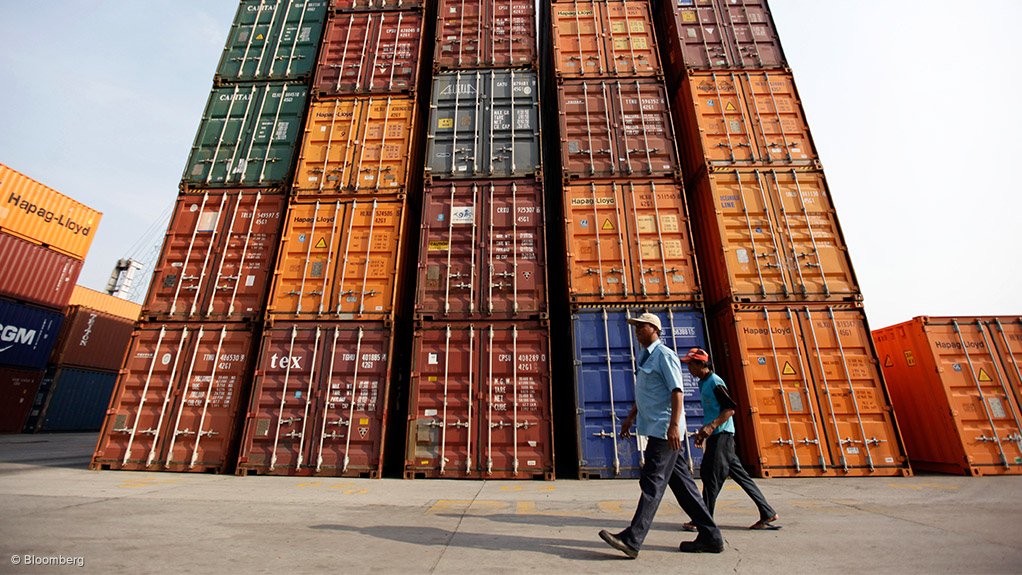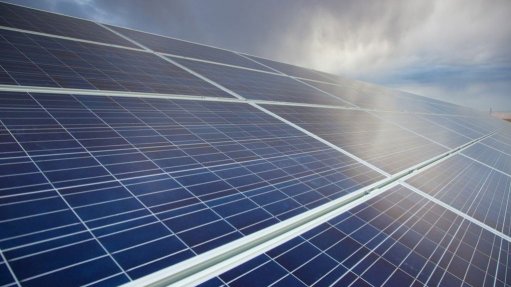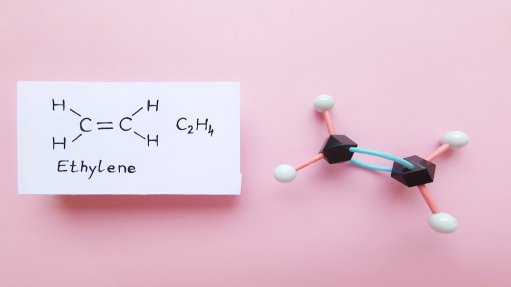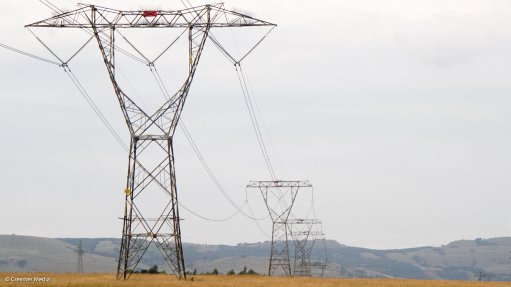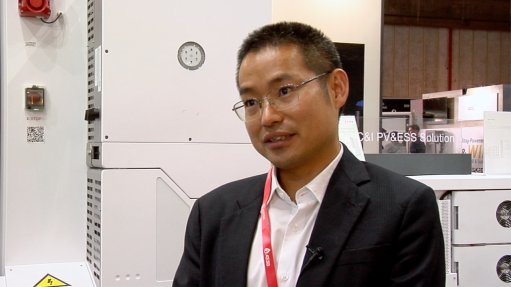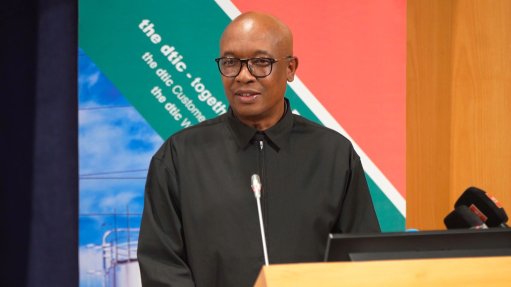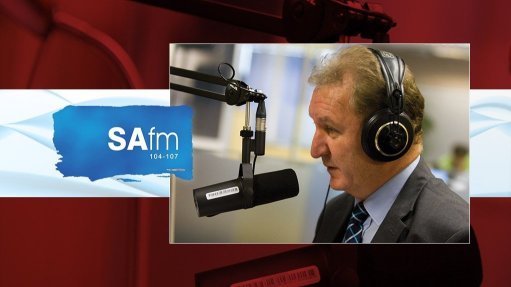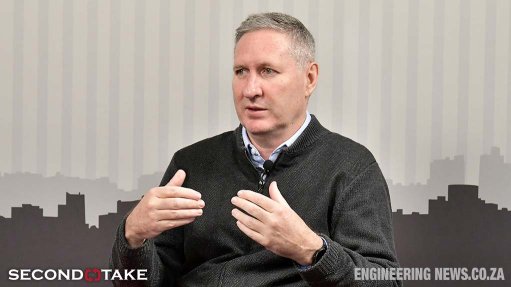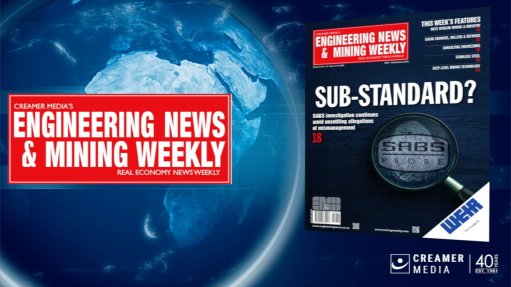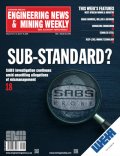Collaboration essential for South African exporters to overcome EU carbon border tax
As the European Union’s (EU’s) Carbon Border Adjustment Mechanism (CBAM) became effective from October 1 last year, South Africa remains highly vulnerable and will likely pay high amounts of carbon tax.
The first CBAM report for the fourth quarter of 2023 will be published on January 31.
The transition period for CBAM has been set over two years ending in December 2025, following which South African exporters are expected to report accurate greenhouse-gas embedded emissions data to EU importers.
Once the transition period ends, exporting firms will have to buy CBAM certificates by paying a carbon tax at the EU border.
South Africa is highly dependent on the EU market, with the region accounting for 21% of all South Africa’s exports in 2022.
Research organisation Trade & Industrial Policy Strategies (Tips) says $2.8-billion, or R52.4-billion, of South African exports are at risk in the short term. This equates to about 10.3% of South African exports to the EU.
The number of exports impacted by the CBAM will increase as it covers more products and as more regions introduce similar measures.
Not only does South Africa have high carbon-intensive industries, it also has the challenge of not having monitoring, reporting and verification (MRV) systems in place.
The European Commission has granted declarants a period to make corrections to their reports for the first two quarters of the transition period; however, this is still a short timeframe for affected South African industries, since it has difficulty in setting up MRV systems.
Tips says the cost of accessing global markets is becoming increasingly expensive amid the need to decarbonise. This new form of protectionism by developed countries is also creating fragmentation and confusion between government and industries in developing countries on their response to CBAM and similar measures, the organisation states.
Tips maintains that South African industries and government are not ready to comply with the CBAM, while many remain unaware of how to respond.
South African firms will have to incur a wider range of costs related to compliance, market access and heavy investments in green technologies to implement the CBAM appropriate measures during the transition period.
“The CBAM is a complex paradigm shift. The Global South should be awarded space and time to transition,” Tips notes. If not, there is the risk that South African exporters will not adequately report emissions required by the CBAM, which will impact on business profitability.
The penalty of unreported or incorrectly reported emissions is between €10/t and €50/t.
Apart from the penalty, the CBAM will also result in increased distribution and administrative costs for exporters; companies will need to make large investments to comply with the CBAM requirements and manage their administrative costs in terms of reporting greenhouse-gas emissions.
Naturally, Tips highlights, smaller companies generally do not have emission tracking systems in place and will therefore be more affected by the costs of the CBAM compliance and reducing emissions. Tips foresees that many companies will seek new markets to supply goods into instead.
To avoid hindered market access and reduced competitiveness once the tax is paid, Tips deems it paramount to act collaboratively on the issue.
The organisation says government and affected industries, as well as researchers, need to work together to find solutions on the CBAM for both large and small exporters.
Comments
Press Office
Announcements
What's On
Subscribe to improve your user experience...
Option 1 (equivalent of R125 a month):
Receive a weekly copy of Creamer Media's Engineering News & Mining Weekly magazine
(print copy for those in South Africa and e-magazine for those outside of South Africa)
Receive daily email newsletters
Access to full search results
Access archive of magazine back copies
Access to Projects in Progress
Access to ONE Research Report of your choice in PDF format
Option 2 (equivalent of R375 a month):
All benefits from Option 1
PLUS
Access to Creamer Media's Research Channel Africa for ALL Research Reports, in PDF format, on various industrial and mining sectors
including Electricity; Water; Energy Transition; Hydrogen; Roads, Rail and Ports; Coal; Gold; Platinum; Battery Metals; etc.
Already a subscriber?
Forgotten your password?
Receive weekly copy of Creamer Media's Engineering News & Mining Weekly magazine (print copy for those in South Africa and e-magazine for those outside of South Africa)
➕
Recieve daily email newsletters
➕
Access to full search results
➕
Access archive of magazine back copies
➕
Access to Projects in Progress
➕
Access to ONE Research Report of your choice in PDF format
RESEARCH CHANNEL AFRICA
R4500 (equivalent of R375 a month)
SUBSCRIBEAll benefits from Option 1
➕
Access to Creamer Media's Research Channel Africa for ALL Research Reports on various industrial and mining sectors, in PDF format, including on:
Electricity
➕
Water
➕
Energy Transition
➕
Hydrogen
➕
Roads, Rail and Ports
➕
Coal
➕
Gold
➕
Platinum
➕
Battery Metals
➕
etc.
Receive all benefits from Option 1 or Option 2 delivered to numerous people at your company
➕
Multiple User names and Passwords for simultaneous log-ins
➕
Intranet integration access to all in your organisation



